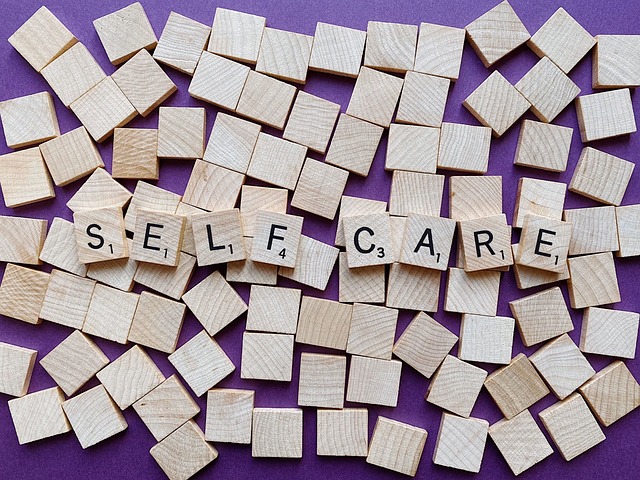Living a healthy lifestyle is the key to feeling energized, relaxed, and fulfilled. Establishing healthy habits is an important step in your journey towards improved health and wellbeing. Healthy habits encompass activities that help prevent and improve physical, mental, and emotional health. Eating right, getting regular exercise, and taking time to relax and de-stress are some of the habits that can help build a strong foundation for a healthier life.
Eating healthy is one of the most important healthy habits to cultivate. Making sure to get the right nutrients and vitamins in your meals and snacks helps support your immune system, combat disease, and maintain a healthy weight. Eating lean proteins, whole grains, fruits, vegetables, and healthy fats provides your body with the essentials it needs to function optimally. It is also important to practice mindful eating, slowly chewing your food and savoring each bite.
Getting regular exercise is another habit that is essential for staying fit and healthy. Exercise helps to improve physical health by strengthening bones and muscles, which boosts energy and mood levels. Working out also increases the production of “feel-good” hormones that can help reduce stress and make you happy. Aim to exercise for at least 30-minutes a day – it doesn’t have to be intense; just moving more throughout your day is enough to make a difference.
In addition to staying active, it is important to make time to relax and de-stress. Your daily routine should include activities that help to relieve tension and anxiety. Mindful activities, such as yoga, meditation, and Tai Chi, are all highly effective ways to restore balance, focus your thoughts, and build resilience. Breathing exercises and mindful walks in nature are also great tools for relieving stress and quieting the mind.
It is also essential to make time for enjoyable activities, such as hobbies, socializing with friends, and doing things you love. Creating a positive state of mind is integral to good health and wellbeing. Life can be hectic and our day-to-day routines can become overwhelming. Dedicating time to do something for yourself can help you to take a step back and take stock of your situation.
Establishing healthy habits does not have to be a difficult task, it is all about finding activities that reflect your individual values and add value to your day. By eating healthy, exercising, de-stressing, and spending time doing things you enjoy, you will be setting yourself up for a healthier, happier lifestyle. With a few simple changes and a proactive attitude, you can develop habits that improve your wellbeing and foster optimal health.











